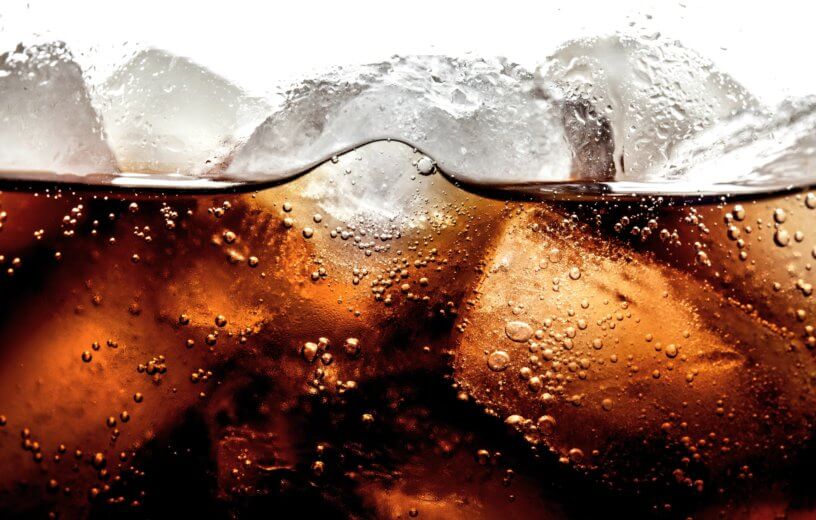DAVIS, Calif. — Beverages like Coca-Cola may be ingrained in Americana, but that doesn’t mean you should indulge in them too often. Plenty of research has already shown that regularly consuming soda and other sugary beverages can lead to serious health conditions like diabetes and cardiovascular disease. Yet staying away from sugary drinks is easier said than done for people who drink them frequently. In fact, a study by researchers at the University of California’s Davis and Berkeley campuses finds that these beverages may be highly addictive, especially for kids and young adults.
The study focused on teens, with 25 people between ages 13 and 18 from the San Francisco area taking part. They all reported normally consuming at least three sugar-sweetened beverages per day, and were told by the research team they were participating in a study probing how soda affects teenagers’ health. After abstaining from these drinks for three days, participants experience significant symptoms of withdrawal. That includes increased headaches, decreased motivation to perform work, lack of concentration, lack of contentment, cravings for sugary drinks, and lower ratings of overall wellbeing.
“An abundance of research points to sugary drinks as contributing to a number of chronic diseases. Our findings — that these drinks may have addictive properties — make their ubiquitous availability and advertising to youth even more concerning for public health,” says Jennifer Falbe, lead study author and assistant professor of human ecology at UC Davis, in a media release.
It’s worth noting that all of the study participants were overweight. Each one of these teens were instructed to consume their normal selection of sugary beverages for a period of five days, then for three days afterwards, only consume water or plain milk.
Additionally, researchers were sure to only select participants who weren’t high caffeine consumers. This reduced the likelihood that any of them were experiencing caffeine withdrawal instead of sugar withdrawal. However, just to be sure, saliva samples were also taken from each teen in order to test for caffeine intake.
The final results of the this study agree with previous research conducted on the subject of sugar addiction, which had concluded that it shares many disturbing parallels with other harmful addictions tied to illegal drugs. Furthermore, teen consumption of sugar-sweetened beverages has increased five-fold since the 1950s. Add in the fact that adolescence is a time when individuals are most at risk of developing an addiction, and researchers say this study has far-reaching important implications for national public health both now and in the future.
“These results, combined with present and future corroborating evidence, could inform clinical practice around helping adolescents reduce sugar-sweetened beverage intake, have important implications for messaging in public health campaigns, and inform the need for efforts to reduce sugar-sweetened-beverage advertising to youth and those drinks’ availability in and around schools,” the study concludes.
The study was published in the journal Appetite.
